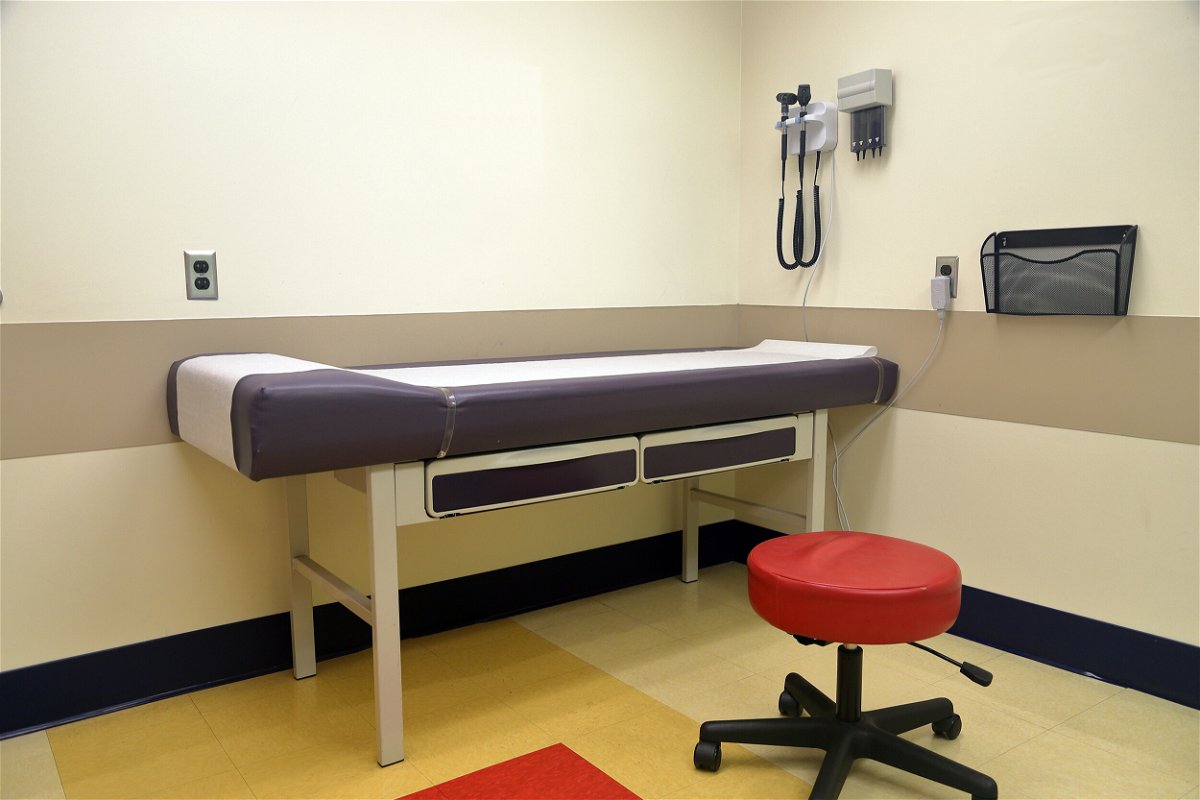Health insurance premiums at work didn’t rise in 2022 amid soaring inflation, but the good times won’t last

Even though the price of gas
By Tami Luhby, CNN
Even though the price of gas, groceries and other essentials shot up in 2022, health care premiums for employer-sponsored coverage remained essentially flat, according to a survey released Thursday.
Job-based policies for families cost an average of roughly $22,500 in 2022, with workers contributing an average of about $6,100, the Kaiser Family Foundation Employer Health Benefit Survey found. That is basically the same as last year.
The average cost of single policies was just over $7,900 for this year, with employees responsible for about $1,350.
Unlike in previous years, premium growth trailed behind the increases in inflation and workers’ wages, which came in at 8% and 6.7%, respectively. That’s because the cost of coverage is typically set months in advance — before inflation really took off.
Also, utilization of health care services remained low in 2021, so employers that fund their own health plans didn’t spend as much as anticipated, which allowed them to keep premiums steady this year, said Matthew Rae, associate director for the Program on the Health Care Marketplace at Kaiser.
But workers can expect to feel the sting of inflation when they enroll in coverage for next year, which is happening now at many companies.
“Employers are already concerned about what they pay for health premiums, but this could be the calm before the storm, as recent inflation suggests that larger increases are imminent,” said Drew Altman, Kaiser’s chief executive officer.
Other surveys show that premiums and out-of-pocket costs are expected to increase in 2023 at a faster rate than in recent years due to inflation. Hospitals, doctors and other providers are feeling the pricing pressure. Their costs for labor, particularly nurses and service staff, and supplies have increased sharply due to inflation and demand. So they are pushing insurers to raise their reimbursement rates when contracts are up for renewal.
Nearly 159 million non-elderly people are covered by employer-sponsored health insurance, according to Kaiser.
For this year, deductibles only inched up. The average annual deductible stands at roughly $1,760 among workers who face a deductible for single coverage. That compares with about $1,670 last year.
Mental health a top priority and challenge
Employers, particularly large ones, see a growing need for mental health services, the Kaiser survey found.
Nearly half of big companies saw an increase in the share of workers using mental health services, and more than a quarter say that more employees are asking for family leave because of mental health issues.
But many employers don’t feel they have enough providers in their networks to provide timely access to mental health care, Rae said.
While 82% of firms said they have a sufficient number of primary care providers, only 44% said the same of behavioral health providers.
Telehealth remains important, with three-quarters of firms saying telemedicine matters “somewhat” or “a great deal” in providing access to mental health services.
The-CNN-Wire
™ & © 2022 Cable News Network, Inc., a Warner Bros. Discovery Company. All rights reserved.